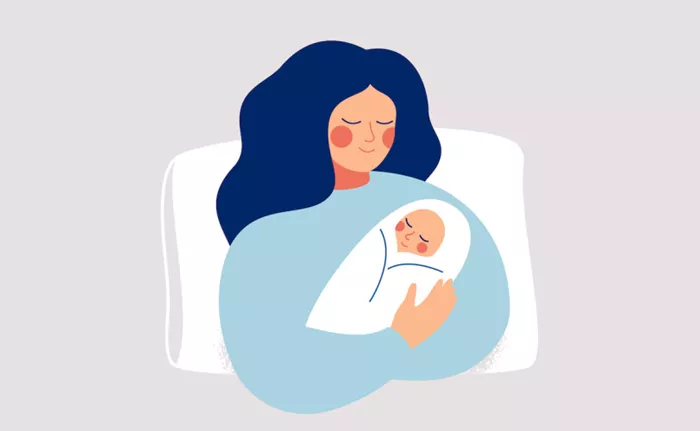Perinatal depression affects up to a quarter of women during pregnancy and in the first year after childbirth. Characterized by persistent sadness, fatigue, changes in sleep and appetite, and loss of interest, this condition poses challenges to both mother and infant. But what influences the development and course of these symptoms?
A pioneering study led by Maria Spinelli, supported by the BIAL Foundation, offers new insights. For the first time, researchers tracked the evolution of perinatal depression symptoms at four stages—late pregnancy, and three, six, and nine months after birth—shedding light on key risk and protective factors.
What Is Perinatal Depression?
The World Health Organization defines the perinatal period as starting at the 22nd week of pregnancy and lasting through the first week after birth. This phase involves intense physiological and emotional changes, leaving many women vulnerable to mental health issues. Perinatal depression can emerge anytime during this period and may last up to a year postpartum.
Key Findings from the Longitudinal Study
The study involved 88 mothers without clinical depression diagnoses, focusing on two important elements:
Sensory Processing Sensitivity (SPS): A trait where individuals are more aware of and reactive to both internal feelings and external stimuli.
Partner Support: The level of emotional and practical support mothers received from their partners during pregnancy.
The results revealed that mothers with high sensory sensitivity who received less support from their partners experienced more severe and prolonged depressive symptoms. Mood typically worsened just after delivery but tended to improve over time in those with stronger partner support.
Impact on Infants
Crucially, the study also explored how prenatal depression might affect infants. Babies born to mothers experiencing depression during pregnancy showed higher levels of negative emotional reactivity—an early sign of potential emotional challenges. This suggests that maternal mental health directly influences early infant development.
Practical Implications for Families and Healthcare
Maria Spinelli emphasizes the importance of involving partners in pregnancy and parenting programs. “Partner participation should be an essential component of support efforts to build healthy family dynamics and ease the transition to parenthood,” she says.
Moreover, promoting affectionate touch between mother and infant after birth can strengthen their emotional bond. This kind of physical connection helps reduce stress and supports positive emotional growth for both mother and child.
What This Means for Mothers and Families
Recognizing sensitivity and ensuring strong partner support can help prevent or lessen perinatal depression. Families and healthcare providers should prioritize emotional support networks during pregnancy and beyond. Early intervention focused on nurturing relationships and promoting physical affection can improve outcomes for mothers and their babies.
Related topics:
- How to Help Pregnancy Depression?
- AI Advances Early Detection of Postpartum Mental Health Risks
- How Long Does Postpartum OCD Last?


